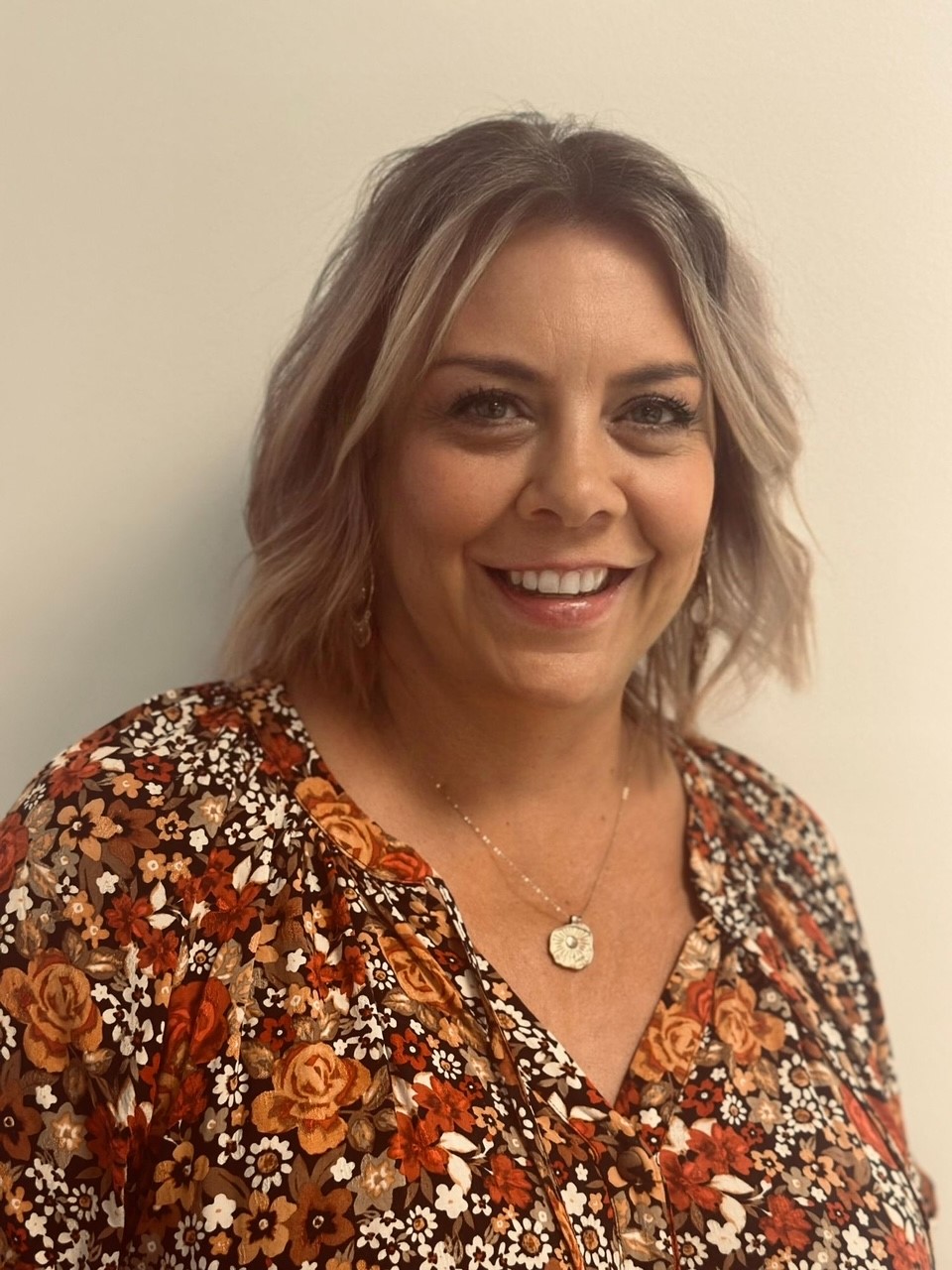
As Flinders University celebrates 30 years of teaching Environmental Health in 2024, we spoke to graduate Nicole Moore (BAppSc(EnvHlth) ‘96) about her journey into the field and the role Flinders played in getting her career to this point as Team Leader, Community Health at City of Onkaparinga.
What lead you to study at Flinders University?
I went to a Flinders Open Day and listened to a talk about the Environmental Health degree – and thought that sounds interesting!
What is your favourite memory from your time at Flinders, or your favourite lecturer, and why?
My favourite lecturer was the microbiology guy who wore different bow ties every lecture (I feel bad that I can’t remember his name!). I am not sure if I learnt stuff, but his stories were always entertaining, and I loved to see what colour his bow tie was going to be that day!
As bad as it was at the time, I did love running between all three campuses to get to lectures on time. We had lectures at the Sturt Campus, in the science buildings at the back of the University and then in Flinders Medical Centre. I think this was the fittest I ever was running between sites.
Give us a brief overview of your career journey and your pathway to City of Onkaparinga?
I completed work experience at the City of Onkaparinga while at University. I kept in contact with the staff and would check in regularly and say hello. I was then offered to backfill someone that was going on long service leave, and I haven’t left! I started working here in 1996.
When the council amalgamated in 1998, all the Environmental Health Officers (EHOs) had to apply for a position, and I was lucky enough to win a permanent role. During my time at Onkaparinga, I just learnt as much as I could about all aspects of environmental health. I volunteered to be a part of different committees and tried to get involved with as much as possible. One of my managers recognised my leadership skills and supported me to be part of the LGA Emerging Leaders program, and other leadership courses. I filled in numerous times when my team leader was away, and then I won the permanent team leader role in approximately 2012.
I am currently on the EHA board as Vice President, and I am also the nominated EHA member on the South Australian Public Health Council. I still enjoy volunteering my time in various ways, representing our council on committees etc, and am still passionate about environmental health.
What 3 key messages would you send to an undergraduate student today to get ahead in their career?
Get your name out there – undertake as much work experience as you can, attend Special Interest Group (SIG) meetings and conferences, volunteer your time and learn as much as you can about all aspects of environmental health.
As Flinders celebrates 30 years of Environmental Health, what are your thoughts on the future trajectory of Environmental Health 30 years from now?
COVID showcased our profession to the world – suddenly everyone has heard of public health, so as painful as it was, it was a good thing for our profession. There will always be new and emerging diseases/issues that will change our focus. Just in my time, we have had cooling towers/legionella introduced as an issue for investigation, as well as clandestine drug laboratories, skin penetration, cryptosporidium, COVID. As climate change issues emerge, I am sure there will be new factors that will require our consideration.
Have you always had an interest in Environmental Health, if so, what sparked your interest or was there a turning point?
Yes, I have always had an interest – probably without even knowing it. When I was young, I used to go fishing with my family and I wouldn’t let anyone eat snacks directly from the box – I would feed them BBQ shapes so that they didn’t cross contaminate the biscuits with the fish guts!
How does Flinders University distinguish itself from other academic establishments in the realm of Environmental Health?
I can really only comment on Flinders University. The lecturers, especially Harriet and Kirsten, involve themselves into the profession. They attend meetings and training sessions; they present at conferences and are well known by all EHOs.

